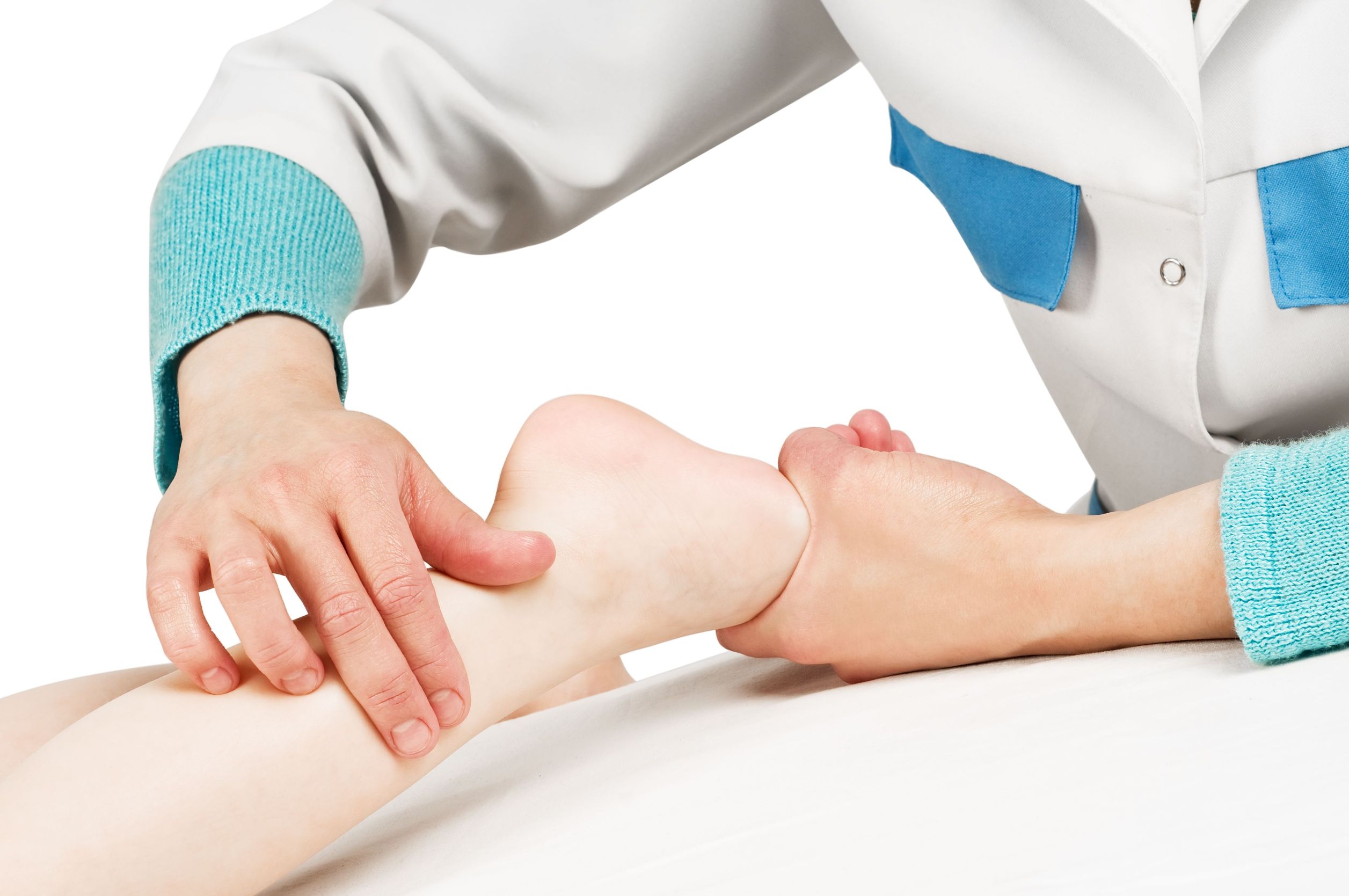It is no surprise that with the pounding feet take on a daily basis that some type of foot or heel pain will occur at some point in time. Although some forms of pain may go away with rest, consistent or persistent foot pain needs Heel Pains Treatment in Bolingbrook IL. In adults, there are two major types of heel pain with the greatest occurrence.
* Plantar fasciitis -; Results from inflamed or swollen plantar fascia tissue. The plantar fascia is a thick tissue on the bottom of the foot that creates the arch of the foot by connecting the toes to the heel bone. When this tissue gets overused or overstretched, in results in significant pain. Often the first steps upon rising in the morning are the most painful and after periods of rest. Those at greatest of developing plantar fasciitis are those that spend a great deal of time on hard surfaces, women and being overweight.
* Heel Pains Treatments in Bolingbrook IL are advised.
* Achilles tendonitis -; Is the result of the Achilles tendon being inflamed. Generally the result of overuse especially in sports. Other causes may be poor fitting footwear where the back of the shoe places pressure on the Achilles tendon. Pain occurs at the point where Achilles tendon attaches to the heel and worsens during sports or exercise activity. Swelling, stiffness, and soreness often accompany the pain.
The doctors at Suburban Foot & Ankle in Bolingbrook IL Associates will make a diagnosis based on the type of pain, when it occurs, any recent injuries, and the type of footwear worn. They will examine the feet for tenderness, discoloration, swelling, weakness, and range of motion. Depending on the findings they may request other diagnostic tests including x-rays.
Heel Pains Treatments in Bolingbrook IL often for both plantar fasciitis and Achilles tendonitis tend to be conservative treatment lasting six to eight-weeks including rest from sports activity that triggers pain, a regimen of stretching exercises for the plantar fascia, wrapping the sole of the foot, and taking acetaminophen or NSAIDs such as ibuprofen or aspirin. If this does not help the doctor may recommend wearing a night splint or steroid injections into the heel. Further measures for Achilles tendonitis may involve wearing orthotic devices such as inserts that elevate the heel slightly in an effort to reduce strain on the tendon and create a cushion for the Achilles tendon. Browse website for more information.

